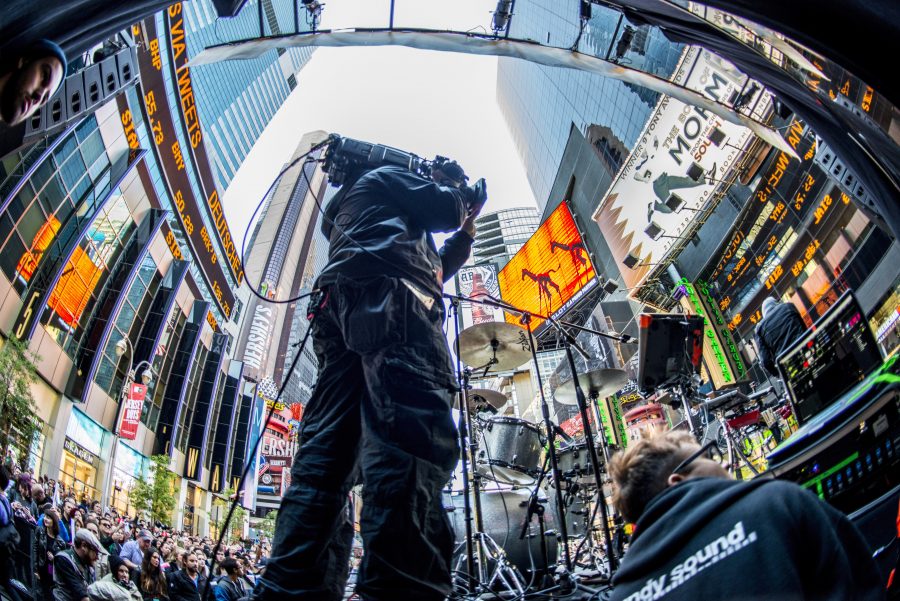If your company is looking for production staffing support, they’ll typically run into 3 types of production staffing arrangements: recruitment-based, full outsourcing, and day hires.
There are varying benefits and financial obligations with each arrangement. Finding the right staffing option depends on your organization’s long-term goals and budget.
Here’s a look at how each of these production staffing arrangements work…
Recruitment-Based Production Staffing
With a recruitment-based production staffing arrangement, your staffing agency will search for a candidate in exchange for a recruitment fee. These recruitment fees are based on the employee’s annual salary.
With a recruitment arrangement, your staffing partner will help in writing the job description, developing a target salary range, and manage all the job postings, networking, and pre-screenings.
With your job description locked-in and posted, your agency will then work with you in identifying a pool of potential candidates. Once those candidates have been identified, then your staffing partner will schedule interviews with key hiring managers at your organization. Finally, once a candidate has been selected, this new employee is added to your organization as a new hire.
Your staffing partner will collect their fee, and your job opening is now closed.
Recruitment-based arrangements work best for organizations that don’t have the time or resources to look for talent. Or for organizations who are having trouble finding the right talent.
Outsourced Production Staffing
Outsourced staffing is similar to a recruitment-based arrangement. The key difference is who hires the employee.
When you outsource your production staffing, your staffing partner will handle all of the job postings, pre-screening, and interview scheduling.
Once a candidate has been selected, your staffing partner hires them directly. Then, they’ll essentially “lease” the employee to your organization.
Your staffing agency pays the employee’s salary, benefits, taxes, workers comp, and payroll. In turn, your agency invoices for the employee for the duration of the project.
Outsourced production staffing arrangements are best suited for organizations that want to limit their liability and exposure associated with hiring a full-time employee.
Day Hires
The final production staffing arrangement is day hires. Day hires are geared towards project-specific needs. An example would be booking labor for a 3-day event, or booking an editor to supplement your workload for the month.
Because day hires are project-based, bookings can last 1 day or multiple days depending on the project. A day-hire will work on-location at a production studio or office or remote live production projects.
With day hires, your staffing partner will book all necessary labor on a day-rate basis for the length of the project. They’ll manage the booking, scheduling, payroll, and year-end 1099 processing associated with this type of production staffing agreement.
Day hires are ideal for organizations who need supplemental support for a project, or who need production crew for a 1-off event of production.
Each of these 3 production staffing arrangements varies in their benefit and financial obligation. Choosing the right arrangement depends on your organization’s specific needs.
Recruitment arrangements are ideal for companies who are stuck finding candidates. Outsourcing is the way to go if your firm doesn’t want to manage the administration associated with hiring someone full-time. And if you just need labor to support a short-term project, day hires may be best.
If you’re looking to expand your in-house production team, or need assistance crewing your next live production, give us a call, or check out our production staffing page for more info.














Leave a Reply